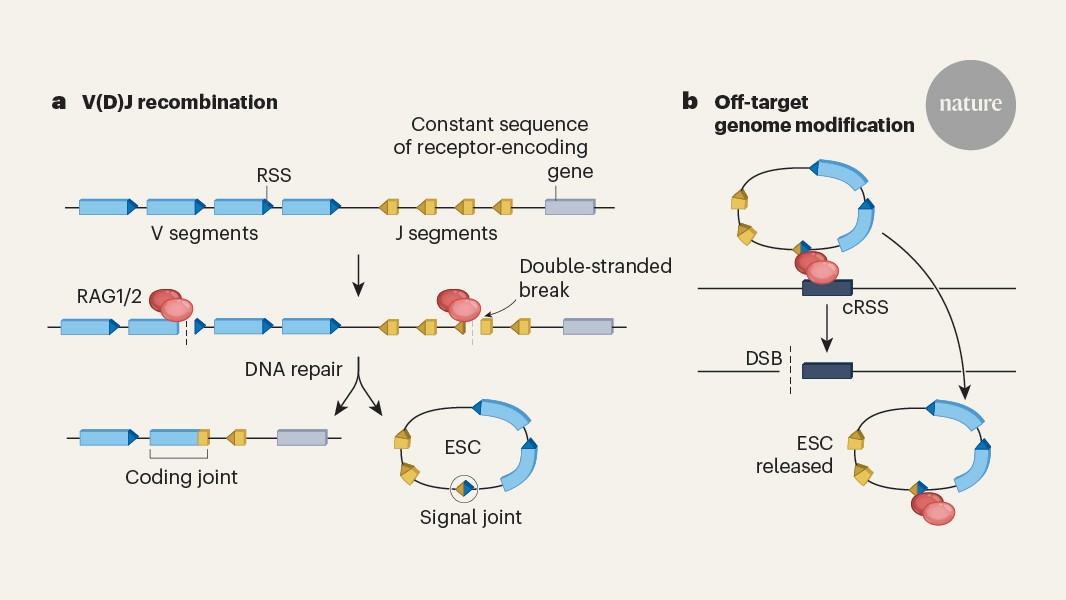High levels of circular DNA made as immune cells develop increases the risk of leukaemia relapse

DNA segments that are naturally excised during immune-cell development can replicate, drive damage at various genomic sites and lead to cancer recurrence
Enjoying our latest content?
Login or create an account to continue
- Access the most recent journalism from Nature's award-winning team
- Explore the latest features & opinion covering groundbreaking research
or
Sign in or create an account Continue with Google
Continue with Google
doi: https://doi.org/10.1038/d41586-025-02421-0
This story originally appeared on: Nature - Author:Karla K. Rodgers















